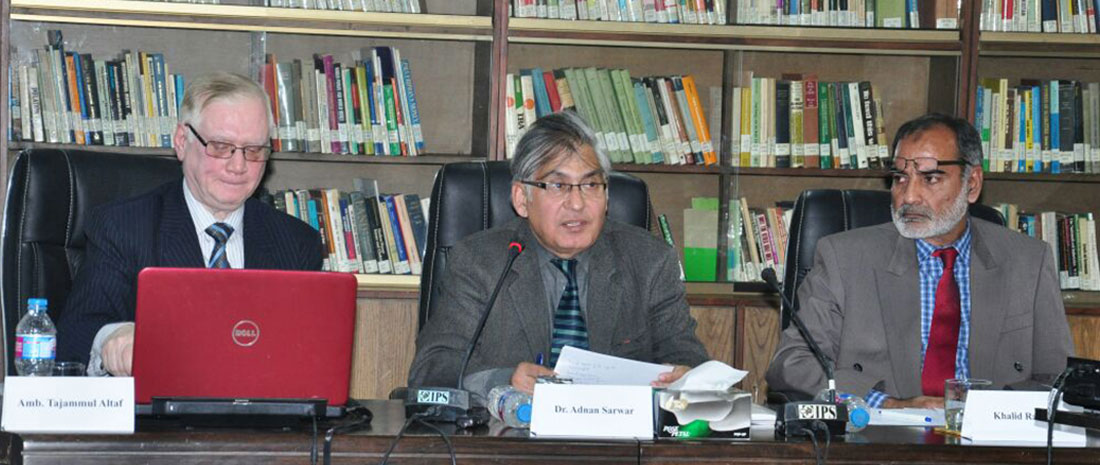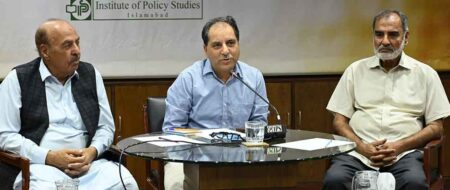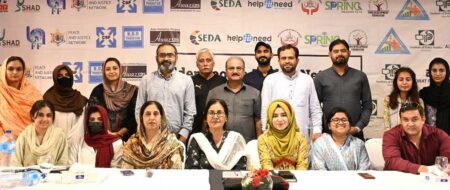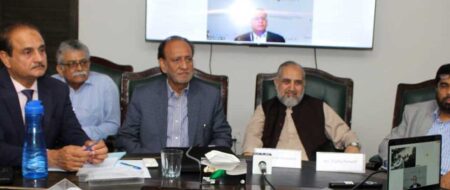Geo-economics, and not geo-politics, should lay the foundations of Pakistan’s Foreign policy
‘Pakistan and its Neighbors: A Foreign Policy Analysis’
Establishing that a strong economy is a precursor for robust security, the speakers at a seminar viewed that Pakistan’s relationships, especially with the neighboring countries, should be determined by its economic interests and not only by the political ones.
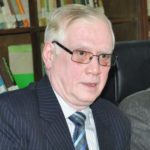 The session titled ‘Pakistan and its Neighbors: A Foreign Policy Analysis’ was held at IPS on February 8, 2018. It was chaired by Dr Adnan Sarwar, HoD, International Relations, National University of Modern Languages (NUML), Islamabad, and addressed by Ambassador (r) Tajammul Altaf and DG-IPS Khalid Rahman.
The session titled ‘Pakistan and its Neighbors: A Foreign Policy Analysis’ was held at IPS on February 8, 2018. It was chaired by Dr Adnan Sarwar, HoD, International Relations, National University of Modern Languages (NUML), Islamabad, and addressed by Ambassador (r) Tajammul Altaf and DG-IPS Khalid Rahman.
Urging to utilize Pakistan’s location strategically to serve its national interests, Amb (r) Tajammul said that the country’s geographical positioning offered great potential for economic uplift if the political expediencies were overcome. He viewed that the economic security of the country should become the main pillar for national security and foreign policy, with the initiatives like CPEC, SCO, CASA1000, TAPI, and IP synergizing with economic growth.
The former envoy – who carried out diplomatic services for Pakistan in various countries for over 35 years – also shared his opinion about the country’s relations with neighboring countries while linking Pakistan’s stability with regional peace.
The former diplomat regarded CPEC as the key area to focus in Pakistan’s foreign policy, with considerable attention needed to be paid in the areas of governance, political reforms, human resource development and capacity building.
Terming Afghanistan a foreign policy challenge with whom Pakistan should substantially improve its relations, the speaker also stressed on consolidating relations with Iran especially in terms of economic engagement. He further urged for opening up of visas with Central Asian republics in the areas of trade, energy corridors and economic cooperation.
With Pakistan being at the epicenter of Asia’s economic activity, the speaker felt that Pakistan could play a pivotal role not only in ensuring regional economic integration but also in resolving the security challenges. For the purpose, he advised Pakistan to adopt a pragmatic foreign policy establishing and strengthening alliance between Pakistan, China, Afghanistan, Iran, and Russia, with a focus on peace, stability, prosperity and economic development in the South & Central Asia.
He however believed that Pakistan still was moving in the right direction, stating that the 21st century would belong to Pakistan provided it undertakes internal reforms seriously and sync them with external opportunities. A focus on peace, stability, prosperity and economic development can usher an era of economic growth and development in the country, he added.


